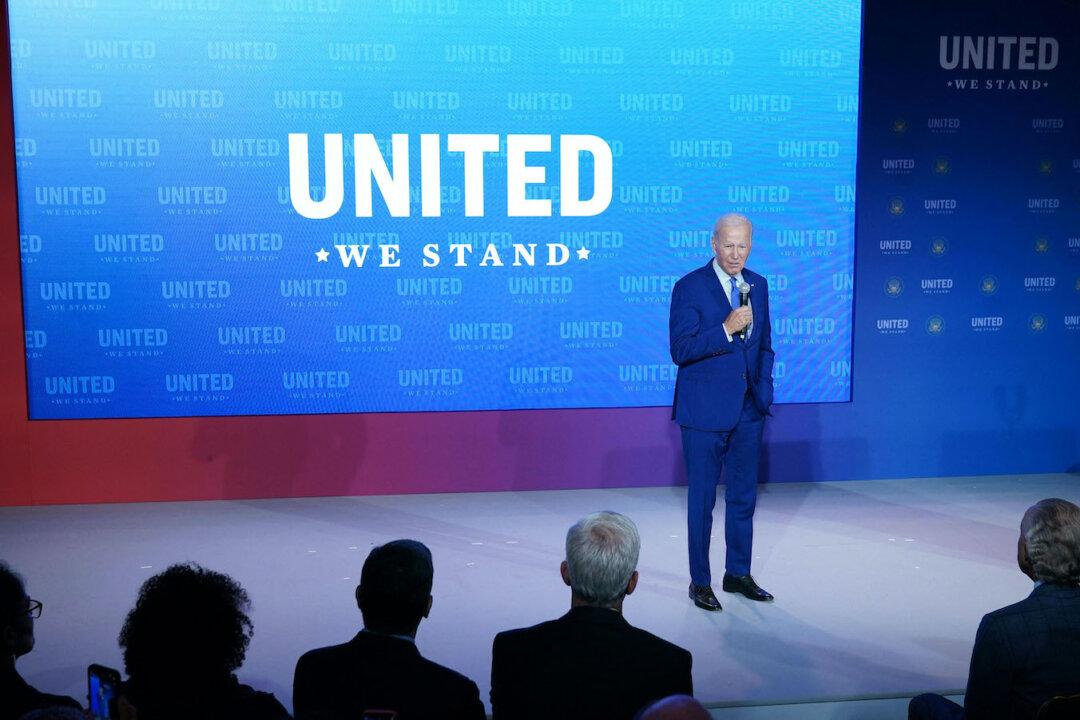Commentary
Democracy is like a newborn child. It requires constant attention and care. It must be nurtured and monitored closely. Commenting on democracy, Ilka Chase, an American novelist and actress, called it “a living, changing organism, continuously shifting, and attempting to strike a balance between individual freedom and general order.” Sadly, around the world, this “living, changing organism” is dying a swift death. Individual freedom is being replaced by various flavors of oppression. In the United States, supposedly the greatest country in the world, democracy is backsliding. Also called autocratization, backsliding is the polar opposite of democratization; it involves a gradual erosion of democratic norms. If the United States fails to arrest this worrying decline, the country may find itself fractured beyond repair.





